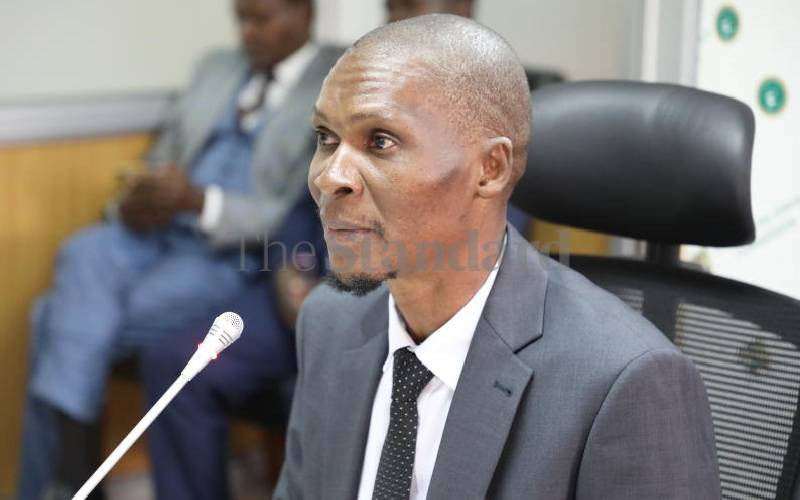×
The Standard e-Paper
Stay Informed, Even Offline

Professor Nixon Sifuna Wanyama during the Judicial Service Commission interview for court of appeal Judges 24th June 2019. [File, Standard]
High Court judge Nixon Sifuna has joined judicial voices seeking a change in sentencing persons to indefinite jail terms.